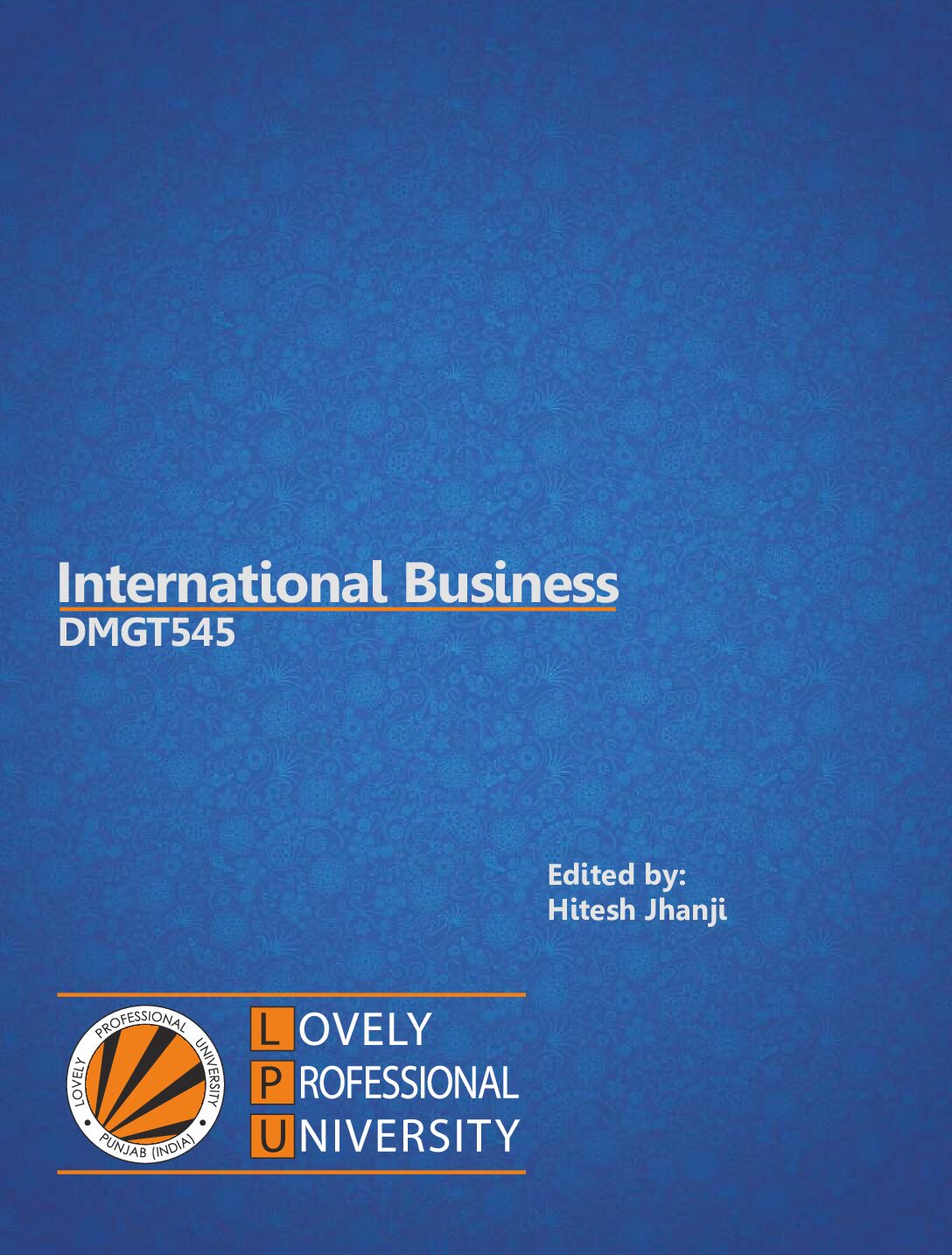International Business
his textbook provides a comprehensive and up-to-date introduction to international business. It is widely used in business schools and covers the theory, practice, and real-world challenges of competing in the global marketplace. Hill blends economic theory with real business strategy and case studies, helping students understand the complexities of operating across borders.
🌍 Key Themes & Concepts:
-
Globalization
-
Explores the drivers of globalization (technology, trade liberalization, communication).
-
Discusses both positive and negative impacts on businesses, consumers, and countries.
-
-
National Differences in Political Economy
-
Compares different political, economic, and legal systems (e.g., capitalism vs. socialism).
-
Highlights how these systems influence business practices and risks.
-
-
Cultural Differences
-
Uses frameworks like Hofstede’s cultural dimensions to show how culture impacts communication, management styles, and marketing.
-
Emphasizes cultural sensitivity in international operations.
-
-
International Trade Theory
-
Covers classical theories (e.g., absolute and comparative advantage) and modern theories (e.g., Porter’s Diamond).
-
Explains why countries trade and how trade policies affect business.
-
-
Foreign Direct Investment (FDI)
-
Explains why firms invest abroad instead of exporting or licensing.
-
Covers the benefits and costs of FDI for both home and host countries.
-
-
Regional Economic Integration
-
Discusses economic blocs (like the EU, NAFTA/USMCA, ASEAN).
-
Explores how integration affects market access, competition, and strategy.
-
-
The Global Monetary System
-
Covers exchange rates, currency risk, and international financial institutions (e.g., IMF, World Bank).
-
Emphasizes managing financial risk in international operations.
-
-
Strategy and Structure of International Business
-
Discusses how firms enter foreign markets (exporting, joint ventures, wholly owned subsidiaries).
-
Covers global standardization vs. local adaptation in strategy.
-
-
Global Marketing and R&D
-
Explores product adaptation, branding, and pricing across cultures.
-
Looks at global innovation and supply chain management.
-
-
Ethics, Corporate Social Responsibility (CSR), and Sustainability
-
Focuses on ethical dilemmas in global business.
-
Encourages sustainable and responsible business practices across countries.
-


